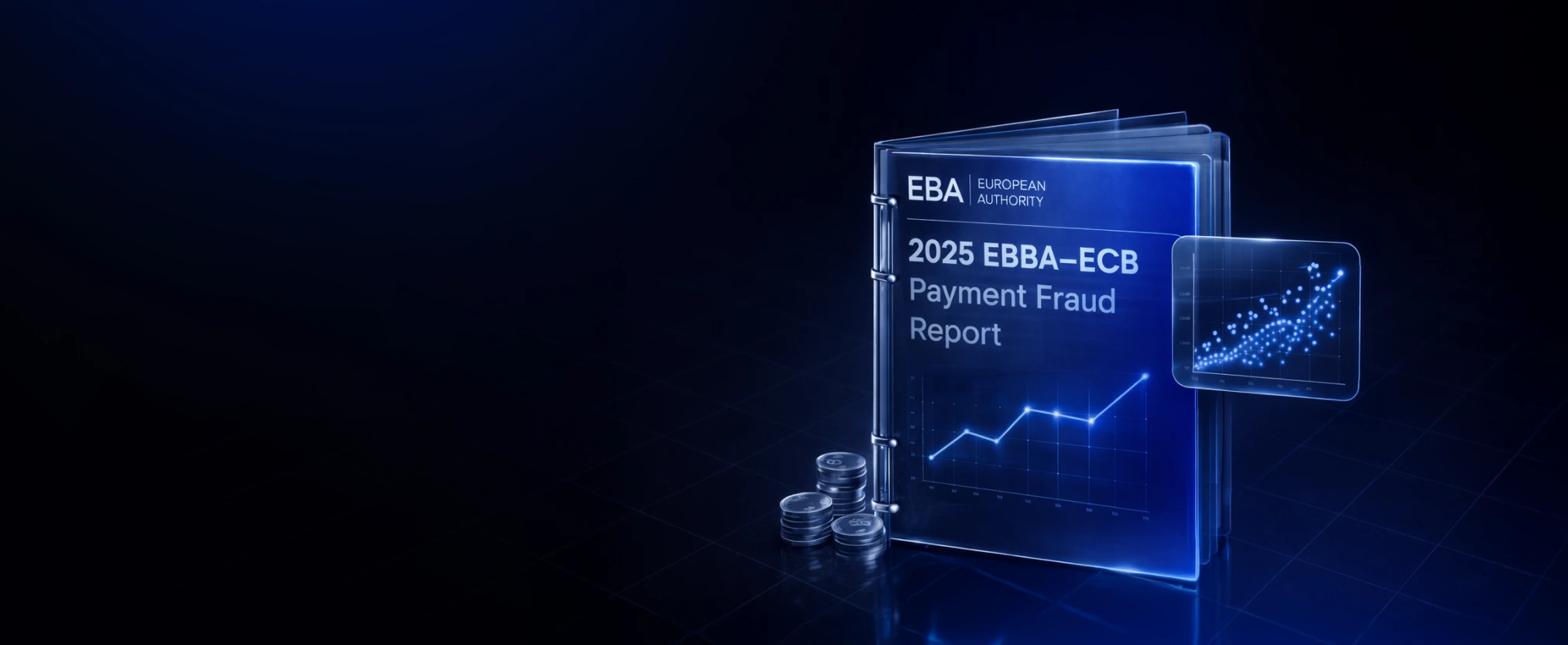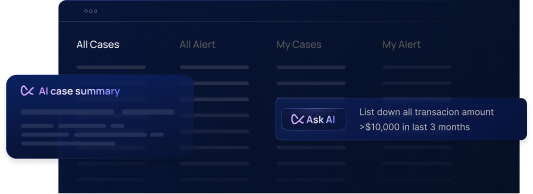Why Watchlist Screening is Important for Fintechs and Neobanks
Fintechs, digital banks and neobanks are transforming the traditional banking landscape, offering innovative solutions to customers. However, with these advancements come new challenges, particularly in terms of AML compliance and fraud protection.
One crucial aspect of ensuring compliance is watchlist screening, which is the process of checking transactions against lists of individuals, organizations, and countries that are under sanctions or are deemed high-risk.
In this article, we will discuss why sanctions screening is critical for fintech and neobank compliance, the importance of AML measures in the financial industry, and how to properly conduct sanctions screening.
What is Watchlist Screening?
Sanctions screening refers to the process of checking transactions, customers, and counterparties against lists of individuals, organizations, and countries that are under sanctions imposed by governments, international organizations, or other regulatory bodies. The purpose of sanctions screening is to ensure that financial institutions do not engage in transactions with individuals or entities that are subject to restrictions or are deemed high-risk.
Sanctions are imposed by governments and international organizations to pressure countries or individuals to change their behavior, or as a form of punishment for violating international law or human rights. These sanctions can range from travel restrictions to the freezing of assets, and can have significant consequences for individuals and organizations that violate them.
Sanctions screening is essential for financial institutions, including fintechs and neobanks, to comply with AML regulations and mitigate the risk of financial crime, such as money laundering, terrorism financing, and proliferation financing. The screening process involves comparing transaction information, such as the names of individuals, organizations, and countries, against sanctions lists, which are updated regularly.
It is important for financial institutions to have an effective sanctions screening process in place to ensure that they are compliant with regulations and to avoid the reputational, legal, and financial consequences of engaging in transactions with high-risk individuals or entities.
Why is sanctions screening important for fintechs and neobanks?
Sanctions screening is a critical component of ensuring compliance for fintechs and neobanks, as it helps to prevent financial crime, including money laundering, terrorism financing, and proliferation financing.
Financial institutions, including fintechs and neobanks, are subject to strict AML regulations, which require them to perform due diligence on their customers and transactions to ensure that they are not engaging in illegal activities. Sanctions screening is a crucial aspect of this due diligence process, as it helps identify individuals and entities that are subject to sanctions or are considered high-risk.
Additionally, fintechs and neobanks are often operating in a highly competitive market, and a reputation for compliance and integrity is key to their success. By performing effective sanctions screening, fintechs and neobanks can protect their reputation and avoid the negative consequences of engaging in transactions with high-risk individuals or entities.
How to Conduct Watchlist Screening for Fintechs and Neobanks?
1. Obtain sanctions lists
The first step in conducting sanctions screening is to obtain access to up-to-date sanctions lists. These lists are available from various sources, including government agencies, international organizations, and financial regulators. It is important to ensure that the lists are comprehensive and updated regularly.
2. Screen transactions
Fintechs and neobanks should screen all transactions against the sanctions lists to identify any matches. This process should include a review of the names of individuals, organizations, and countries involved in the transaction, as well as any related information such as addresses and identification numbers.
3. Implement automated systems
Conducting sanctions screening manually can be time-consuming and error-prone. Fintechs and neobanks can use automated systems to screen transactions in real-time, reducing the risk of errors and ensuring that sanctions checks are conducted consistently and efficiently.
4. Review and investigate matches
When a transaction matches a sanctions list, it is important to conduct a thorough review and investigation to determine if it is a true match or a false positive. Fintechs and neobanks should have clear procedures in place for conducting these reviews and investigations, and for making a determination as to whether the transaction should proceed or be blocked.
5. Monitor and update procedures
Sanctions lists are constantly changing, and it is important to monitor and update sanctions screening procedures regularly to ensure that they remain effective and up-to-date. Fintechs and neobanks should also conduct regular audits of their sanctions screening procedures to identify any areas for improvement.
Conducting effective sanctions screening is essential for fintechs and neobanks to comply with AML regulations and to mitigate the risk of financial crime. By following these best practices, fintechs and neobanks can ensure that they are conducting comprehensive and accurate sanctions checks, protecting their reputation, and avoiding the consequences of engaging in transactions with high-risk individuals or entities.
Conclusion
Sanctions screening is a critical component of AML compliance solutions and an essential part of fraud prevention for fintechs and neobanks. By conducting effective sanctions checks, these institutions can prevent financial crime, protect their reputation, and ensure full compliance with regulatory requirements.
At Flagright, we understand the importance of watchlist screening for fintechs and neobanks, and our centralized compliance and fraud protection platform provides a comprehensive solution to ensure accurate, efficient, and fully compliant screening across all customer and transaction activities.
Our platform offers real-time transaction monitoring, customer risk assessment, KYC and KYB orchestration, sanctions screening, fintech licensing, and advisory services, ensuring that fintechs and neobanks have the tools and resources they need to maintain a high level of compliance and mitigate the risk of financial crime.
Contact us here today to learn more about how Flagright can help your fintech or neobank stay ahead of the compliance curve.




.svg)










.webp)










